Nutrition
4 secrets you never knew about your spices
Spices are something you use every day in your cooking, or at least they definitely should be. And if you’re an experienced home cook you might think you know everything there is to know about the stuff in your spice cabinet. But there’s actually quite a bit that might surprise you to learn about your spices.
You May Have Never Tasted Real Cinnamon
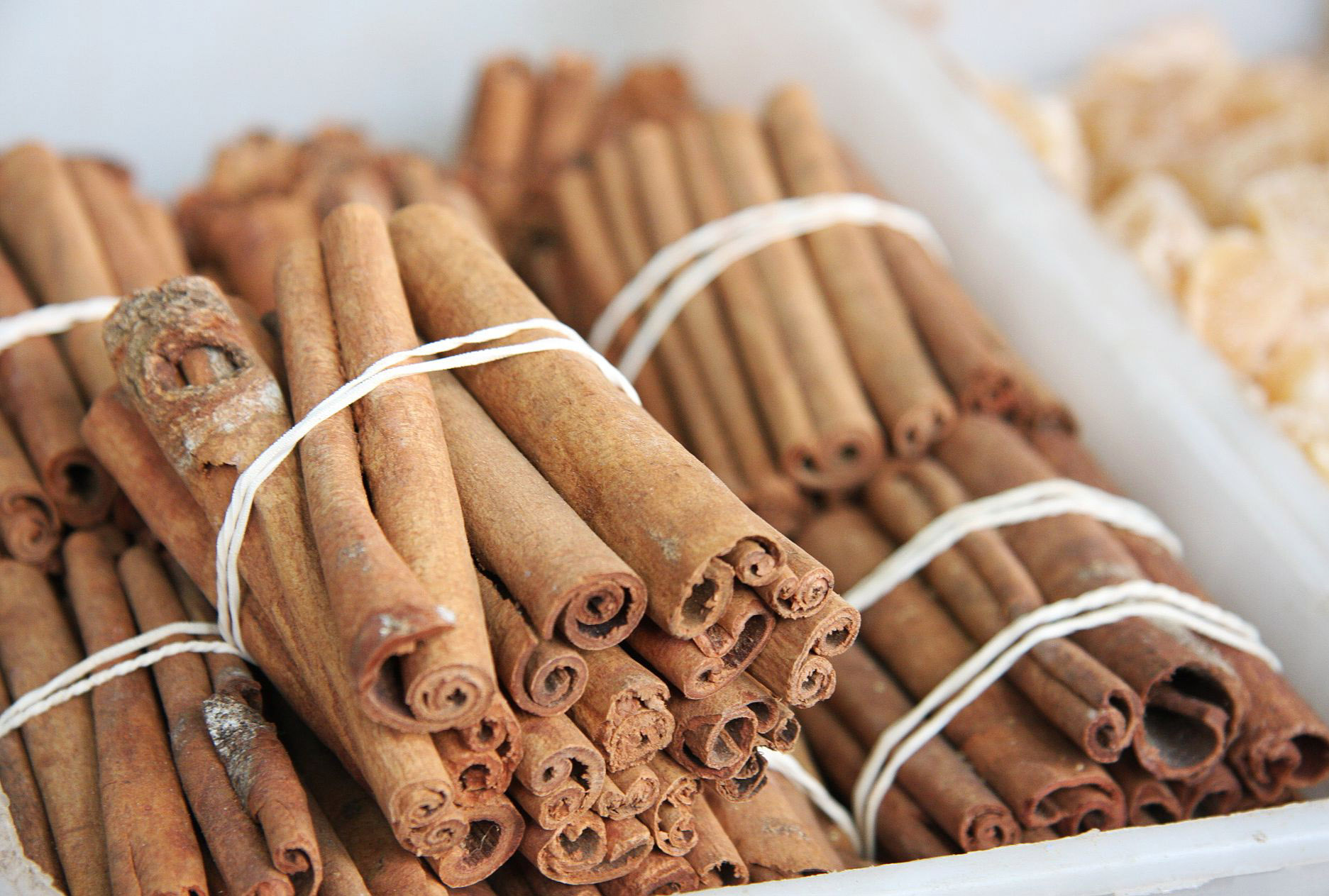
Image: Wikipedia
Cinnamon is a vital ingredient for everything from apple pie to raisin bread, which is why it might shock you to learn that you might actually have never tasted true cinnamon. The idea of “true cinnamon” is a bit of a misnomer. When people talk about true cinnamon they are referring to ceylon cinnamon, which when compared to the more common cassia cinnamon, ceylon cinnamon is lighter in color and sweeter. Both are species of cinnamon, but cassia is more ubiquitous in grocery stores because it is much cheaper to produce. In addition, much of the industrially produced cinnamon is often leavened with flour and other ingredients that can affect the taste. But if you’re interested in trying ceylon cinnamon you can find it in a number of specialty stores or online.
Saffron Smuggling Is Serious Business
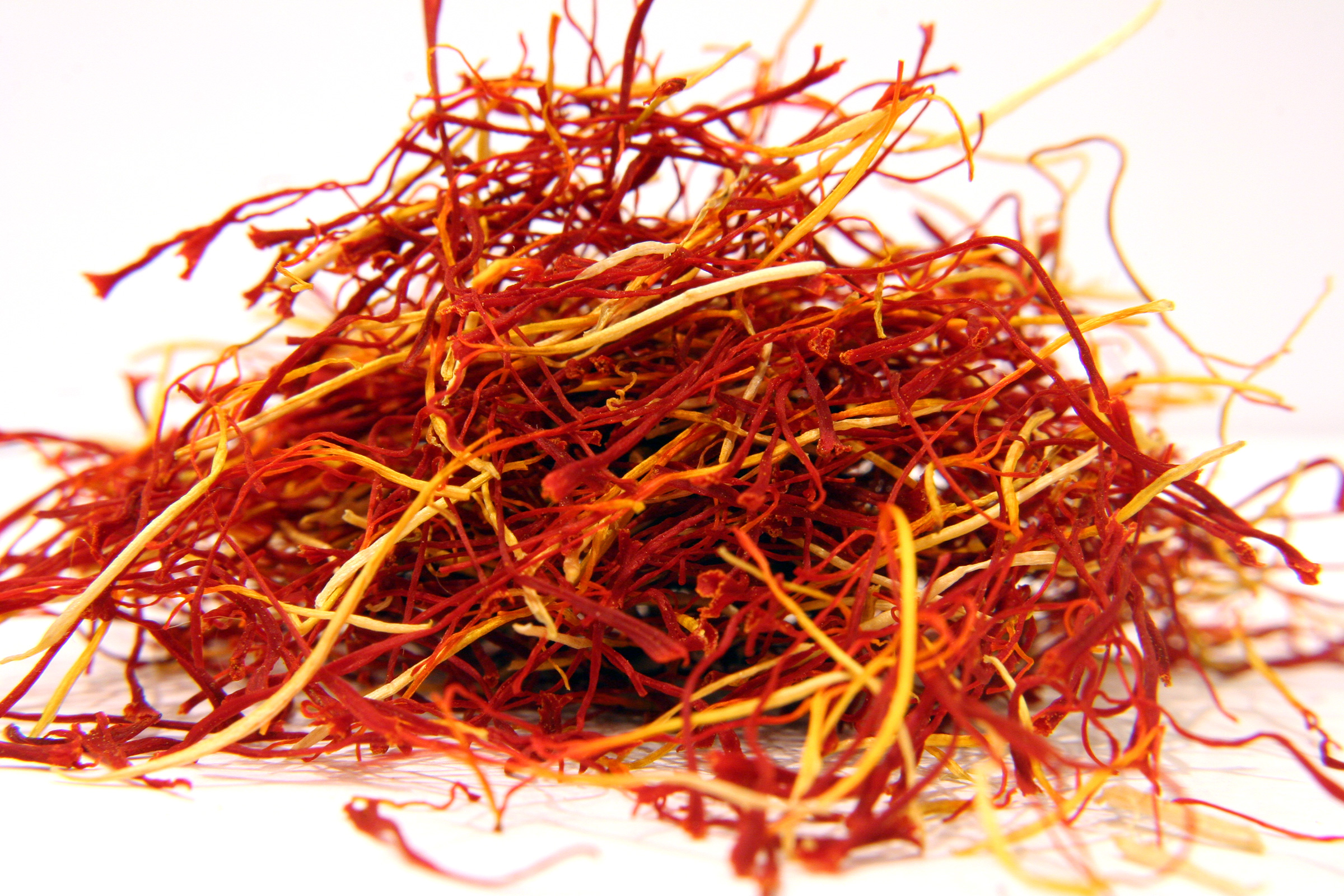
Image: Wikipedia
Saffron is a spice derived from a species of flower, the majority of which are harvested in Iran. To produce saffron, harvesters have to carefully remove the stamen of the saffron plant, which means that saffron is actually worth more than gold. And as with any valuable commodity, there is a dedicated ring of smugglers who move the spice from Iran to India, where they can sell it for twice as much. In addition, airports have been seizing bags of saffron from smugglers for years who try to move it over borders illegally to avoid the import tax.
Spices Are Used For Some Surprising Things

Image: WIkipedia
Spices aren’t just for cooking. For instance, Buddhist groups traditionally use a compound of tamarind, water, and lime to clean statues of the Buddha. And civil war reenactors use large amounts of camphor since it’s a vital ingredient to making period accurate smokeless gunpowder. And a boiled solution of bay leaf can be used to cure dandruff.
Spice Markets Can Be Pretty Gross
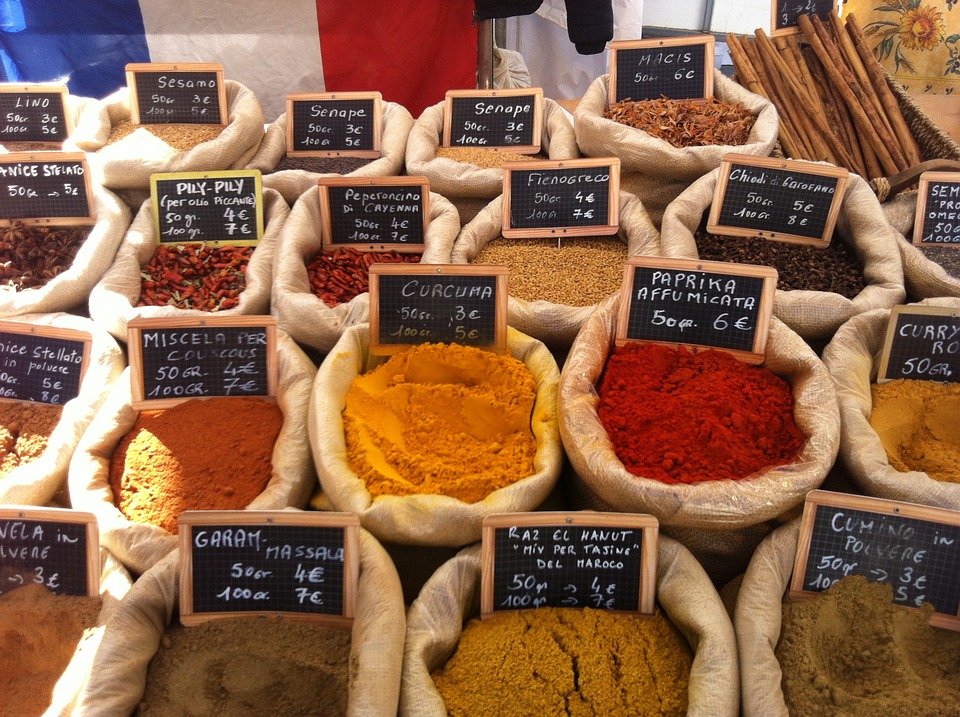
Image: Pixabay
Most spices come from exotic places like Indonesia or South America, which are places you might recognize as not having great systems in place for quality control. Spice markets in these places often have rats and other animals crawling through the spices, which is perhaps why the FDA estimates that 12% of all spices have feces and other contaminants in them.
But try not to think about the next time you’re baking a pie.

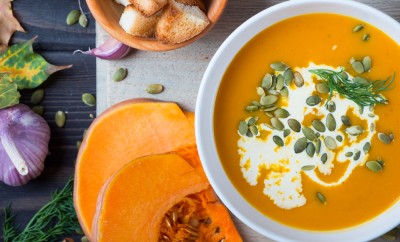

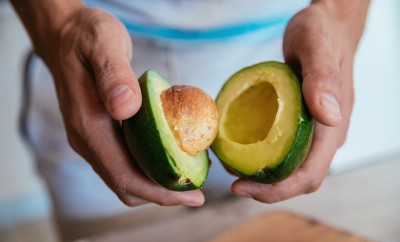

0 comments